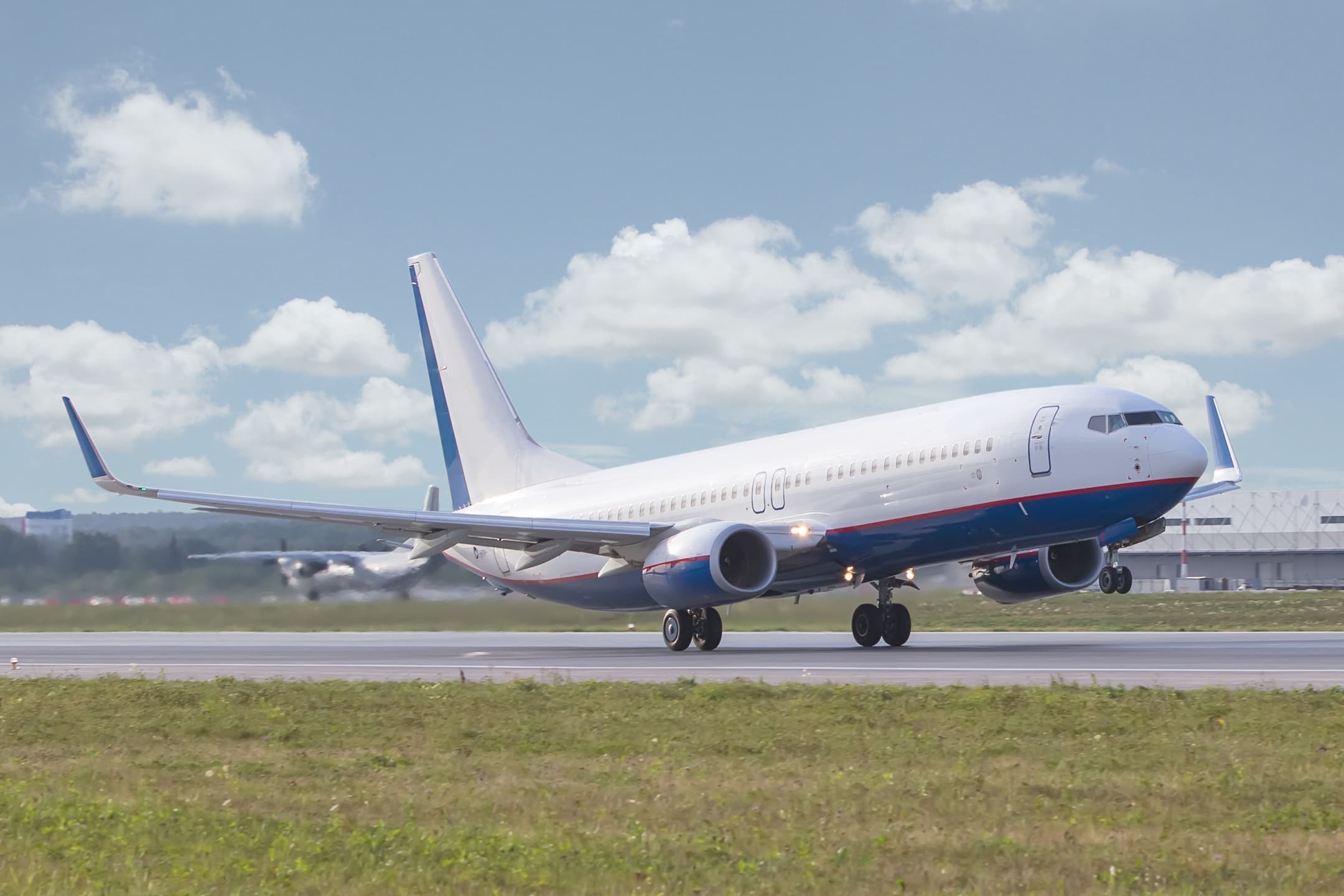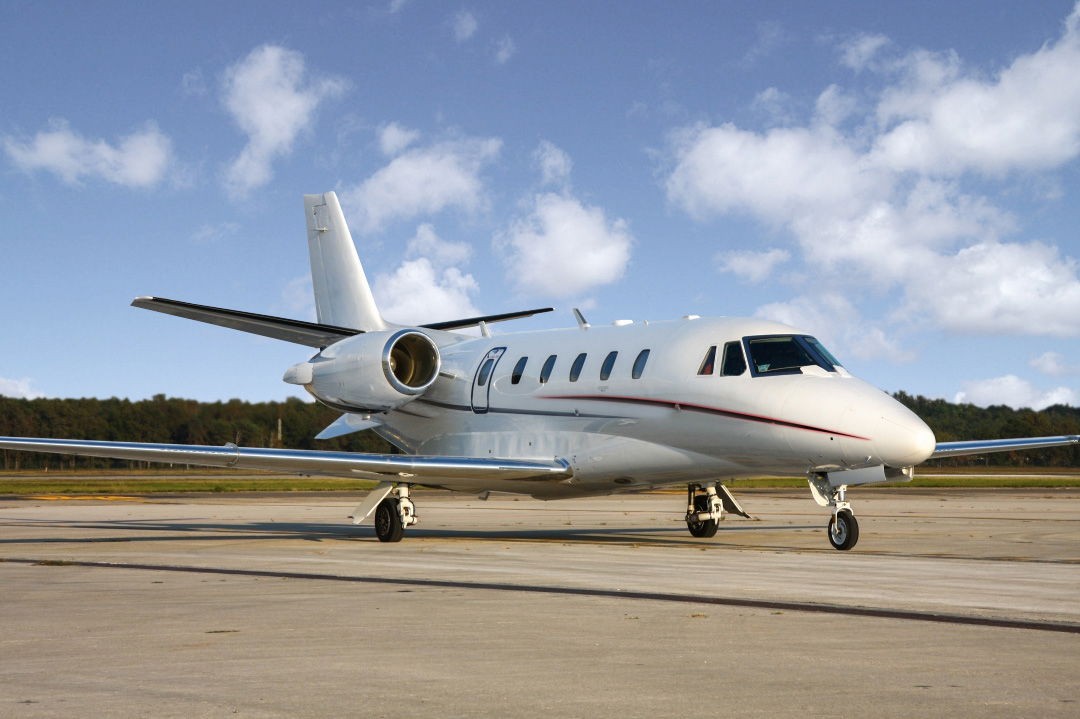Are you wondering, “Can You Travel After Appendicitis Surgery?” TRAVELS.EDU.VN understands your eagerness to resume your travel plans after an appendectomy; therefore, it is important to prioritize your health and well-being. This comprehensive guide will explore the safety considerations, potential risks, and expert solutions available to ensure a smooth and safe journey, including medical escort services and air ambulances. Planning your post-surgery travels requires a balance between your desire to explore and your body’s need for recovery, involving careful consideration of factors such as incision care, infection risk, and deep vein thrombosis (DVT) prevention.
1. Understanding Appendicitis and Appendectomy
1.1. What is Appendicitis?
Appendicitis is a painful condition in which the appendix, a small, finger-shaped pouch attached to the large intestine, becomes inflamed and filled with pus. According to the National Institute of Diabetes and Digestive and Kidney Diseases (NIDDK), appendicitis is a common cause of emergency abdominal surgery in the United States, affecting more than 5% of the population at some point in their lives.
1.2. What is an Appendectomy?
An appendectomy is a surgical procedure to remove the inflamed appendix. It is typically performed when someone has appendicitis to prevent the appendix from rupturing, which can lead to peritonitis, a serious infection of the abdominal cavity. According to the Mayo Clinic, an appendectomy can be performed as an open surgery (laparotomy) or through minimally invasive surgery using a laparoscope.
1.3. Laparoscopic vs. Open Appendectomy
1.3.1. Laparoscopic Appendectomy
Laparoscopic appendectomy involves making several small incisions in the abdomen and using a camera and specialized instruments to remove the appendix. The advantages of this approach include:
- Smaller scars
- Less pain
- Shorter hospital stay
- Faster recovery
1.3.2. Open Appendectomy
Open appendectomy involves making a single, larger incision in the lower right abdomen to remove the appendix. This approach may be necessary if the appendix has ruptured or if there are complications during the laparoscopic procedure.
1.4. Recovery Timeline After Appendectomy
The recovery timeline after an appendectomy varies depending on the type of surgery performed and the individual’s overall health. Generally, patients can expect the following:
- Laparoscopic Appendectomy: Most people can return to normal activities within one to three weeks.
- Open Appendectomy: Full recovery may take two to four weeks.
It’s important to follow your doctor’s instructions carefully during recovery, including taking prescribed medications, caring for the incision site, and gradually increasing activity levels.
2. Can You Fly with Appendicitis?
2.1. Risks of Flying with Untreated Appendicitis
Flying with untreated appendicitis is generally not recommended due to the potential for serious complications. The changes in air pressure during flight can exacerbate the condition, increasing the risk of:
- Rupture of the appendix
- Peritonitis
- Sepsis
These complications can be life-threatening and require immediate medical attention.
2.2. When Flying Might Be Considered
In extremely rare cases, if you suspect you have appendicitis but are in a remote location with limited access to medical care, a doctor might advise a carefully monitored flight to a medical facility. However, this decision would depend on several factors, including:
- Severity of symptoms
- Availability of medical care at the destination
- Overall health of the individual
Important Note: This decision should ONLY be made in consultation with a qualified medical professional. Self-diagnosis and attempting to fly with suspected appendicitis can be extremely dangerous.
 Commercial Airliner
Commercial Airliner
Alt: Commercial airliner flying in the sky, illustrating the possibility of travel after appendicitis surgery.
3. Can You Travel After Appendicitis Surgery? Factors to Consider
3.1. General Recommendations
Generally, it is advisable to postpone air travel for a certain period after appendectomy to allow the body to heal properly. The exact waiting period can vary depending on:
- Type of surgery (laparoscopic vs. open)
- Individual healing rate
- Any complications experienced during or after surgery
- The nature of travel (short flight vs. long flight)
3.2. Consulting Your Surgeon
Before making any travel plans after an appendectomy, it is crucial to consult with your surgeon. They can assess your condition, evaluate your healing progress, and provide personalized recommendations based on your specific circumstances.
3.3. Potential Risks and Complications of Air Travel After Appendectomy
Flying too soon after an appendectomy can pose several risks and complications:
- Wound complications: Changes in cabin pressure can put stress on the surgical incision, leading to pain, bleeding, or infection.
- Pain and discomfort: Prolonged sitting, walking through airports, and handling luggage can cause discomfort and exacerbate pain, especially if your body is still recovering.
- Impaired healing: The physical demands of air travel can impede the healing process, potentially leading to delayed recovery and complications.
- Increased risk of infection: Airports and airplanes can be breeding grounds for germs, increasing the risk of post-surgery infections.
- Blood clot formation: Immobility during air travel can increase the risk of blood clots, especially after surgery when the body is more susceptible to clot formation. This condition is known as deep vein thrombosis (DVT).
According to the Centers for Disease Control and Prevention (CDC), long-distance travel (more than four hours) can increase the risk of blood clots, especially when combined with other risk factors like recent surgery.
3.4. Guidelines on When It’s Safe to Fly After Appendectomy
While there is no one-size-fits-all answer, here are some general guidelines on when it may be safe to fly after an appendectomy:
- Laparoscopic Appendectomy: Many surgeons recommend waiting at least 5-7 days after surgery before flying. If recovery is smooth, a patient may be able to fly 7-14 days following the surgery.
- Open Appendectomy: The recovery from open surgery takes longer. It’s important to wait at least 10-14 days before flying.
Disclaimer: These are general guidelines only. Always follow your surgeon’s specific recommendations.
4. How to Ensure a Safe Flight After Appendectomy
If your surgeon has cleared you for air travel, there are several steps you can take to ensure a safe and comfortable flight:
4.1. Medical Consultation and Clearance
Before booking your flight, schedule a follow-up appointment with your surgeon to get medical clearance. They can assess your healing progress and provide specific recommendations for your travel plans.
4.2. Travel Insurance
Purchase comprehensive travel insurance that covers medical expenses, trip cancellations, and emergency medical evacuation. Make sure the policy covers any potential complications related to your recent surgery.
4.3. Pre-Flight Preparations
- Medications: Ensure you have an adequate supply of prescribed pain medications, antibiotics, and any other necessary medications. Pack them in your carry-on luggage in their original containers with a copy of your prescription.
- Compression Stockings: Wear compression stockings during the flight to promote blood circulation and reduce the risk of blood clots.
- Comfortable Clothing: Choose loose-fitting, comfortable clothing that won’t put pressure on your incision site.
- Incision Care: Follow your surgeon’s instructions for incision care. Pack any necessary supplies, such as antiseptic wipes or dressings, in your carry-on luggage.
4.4. During the Flight
- Stay Hydrated: Drink plenty of water to stay hydrated and promote blood circulation.
- Move Around: Get up and walk around the cabin every hour to prevent blood clots. If you can’t walk, do ankle pumps and calf stretches in your seat.
- Pain Management: Take pain medication as prescribed to manage any discomfort.
- Avoid Heavy Lifting: Ask for assistance with luggage to avoid straining your incision site.
- Monitor Your Condition: Pay attention to your body and watch for any signs of complications, such as increased pain, redness, swelling, or drainage from the incision site.
4.5. Post-Flight Care
After your flight, continue to follow your surgeon’s instructions for incision care and recovery. If you experience any complications, seek immediate medical attention.
5. The Role of Medical Escort Services
5.1. What is a Medical Escort?
A medical escort is a healthcare professional (nurse, paramedic, or physician) who accompanies a patient during travel to provide medical care and support.
5.2. Benefits of Medical Escort Services
Medical escort services can be invaluable for individuals traveling after an appendectomy. Some of the benefits include:
- Medical Monitoring: Medical escorts can monitor your vital signs, assess your condition, and provide immediate medical attention if needed.
- Medication Management: They can administer medications, manage pain, and ensure you adhere to your prescribed treatment plan.
- Mobility Assistance: Medical escorts can assist with mobility, helping you navigate airports, board flights, and manage luggage.
- Emotional Support: They can provide emotional support and reassurance, helping to alleviate anxiety and stress associated with travel.
- Coordination with Medical Providers: Medical escorts can communicate with your medical providers and coordinate any necessary care during your trip.
TRAVELS.EDU.VN offers comprehensive medical escort services to ensure a safe and comfortable journey for patients recovering from an appendectomy. Our experienced medical professionals are trained to handle any medical emergencies that may arise during travel.
6. When is an Air Ambulance Necessary?
6.1. Understanding Air Ambulance Services
An air ambulance is a specially equipped aircraft used to transport patients who require medical care during transport. Air ambulances are staffed by medical professionals and equipped with advanced medical equipment, such as ventilators, cardiac monitors, and defibrillators.
6.2. Situations Where an Air Ambulance is Required
In certain situations, an air ambulance may be necessary for safe transportation after an appendectomy:
- Critical Condition: Patients with complicated or high-risk appendectomies may require the specialized care and facilities available in an air ambulance.
- Inaccessible Locations: If you are in a remote or inaccessible area, an air ambulance may be the most efficient way to reach the appropriate medical facilities for continued care.
- Long-Distance Transfers: For patients who need to travel long distances to reach their destination, an air ambulance provides a comfortable and efficient option for medical transport.
6.3. Benefits of Air Ambulance Services for Appendectomy Patients
Our air ambulances are designed to cater to the unique needs of appendectomy patients, ensuring a safe and comfortable journey. With a dedicated and expert medical team, modern equipment, and a commitment to patient well-being, our air ambulances offer a range of benefits that prioritize your health and peace of mind:
- Rapid and safe transportation: Our air ambulances ensure prompt transportation, minimizing delays and providing immediate medical attention.
- Access to specialized facilities: Our air ambulances are equipped with advanced medical equipment and are staffed by experienced professionals to handle any emergencies that may arise during the flight.
- Comfort and convenience: Patients experience a more comfortable journey with ample space and personalized care throughout the flight.
- Continuity of care: Our medical team ensures a seamless transition from the hospital to the aircraft, maintaining a high standard of care throughout the journey.
- Reduced risk of complications: Our air ambulances are equipped to handle medical emergencies, reducing the risk of complications during transport.
- Expert medical team: Our highly skilled medical professionals are trained to handle post-surgery care and address any medical needs during the flight.
- Peace of mind: Patients and their families can rest assured that they are receiving the best possible care during air travel.
 Air Ambulance Jet
Air Ambulance Jet
Alt: Air ambulance jet on the runway, emphasizing rapid and safe transportation for appendectomy patients.
7. TRAVELS.EDU.VN: Your Partner in Safe Post-Surgery Travel
At TRAVELS.EDU.VN, we are committed to providing safe and reliable medical transport solutions for individuals recovering from an appendectomy. Our medical escort services and air ambulances are designed to meet your unique needs and ensure a smooth and comfortable journey.
7.1. Why Choose TRAVELS.EDU.VN?
- Experienced Medical Professionals: Our medical escorts and air ambulance teams are composed of highly skilled and experienced healthcare professionals.
- State-of-the-Art Equipment: Our air ambulances are equipped with advanced medical equipment to provide the highest level of care during transport.
- Personalized Care: We tailor our services to meet your specific needs and preferences.
- 24/7 Availability: We are available 24 hours a day, 7 days a week to assist you with your medical transport needs.
- Global Reach: We provide medical transport services to destinations around the world.
7.2. Contact Us for a Consultation
If you are considering traveling after an appendectomy, contact TRAVELS.EDU.VN today for a consultation. Our experienced team can assess your situation, answer your questions, and provide personalized recommendations for your travel plans.
Contact Information:
- Address: 123 Main St, Napa, CA 94559, United States
- WhatsApp: +1 (707) 257-5400
- Website: TRAVELS.EDU.VN
8. Key Questions About Traveling After Appendicitis Surgery: FAQs
8.1. How long after laparoscopic appendectomy can I fly?
Generally, it is recommended to wait at least 5-7 days after a laparoscopic appendectomy before flying. However, you must consult with your surgeon for personalized advice.
8.2. What are the risks of flying too soon after appendectomy?
Flying too soon can lead to wound complications, pain, impaired healing, increased risk of infection, and blood clot formation.
8.3. Can cabin pressure affect my surgical incision?
Yes, changes in cabin pressure can put stress on the surgical incision, potentially leading to pain or complications.
8.4. What precautions should I take to prevent blood clots during a flight after surgery?
Wear compression stockings, stay hydrated, and move around the cabin regularly to prevent blood clots.
8.5. When should I consider using a medical escort service?
Consider a medical escort service if you have underlying health conditions, require assistance with mobility, or feel anxious about traveling alone after surgery.
8.6. Is air ambulance transportation covered by insurance?
Coverage for air ambulance transportation varies depending on your insurance policy. Contact your insurance provider to determine your coverage.
8.7. How can I ensure my incision site stays clean during travel?
Pack antiseptic wipes and follow your surgeon’s instructions for incision care.
8.8. What should I do if I experience pain or discomfort during the flight?
Take pain medication as prescribed and notify the flight attendant or medical escort if your symptoms worsen.
8.9. How can I find a reputable medical escort service?
Look for a medical escort service with experienced medical professionals, accreditation, and positive reviews. TRAVELS.EDU.VN is a great place to start.
8.10. Can I bring my pain medication on the plane?
Yes, pack your pain medication in your carry-on luggage in its original container with a copy of your prescription.
9. Call To Action: Schedule Your Safe Post-Surgery Travel Consultation Today
Don’t let concerns about traveling after appendicitis surgery keep you from your travel dreams. Contact TRAVELS.EDU.VN today for a personalized consultation. Our experienced team will assess your situation, answer your questions, and provide expert solutions to ensure a smooth and safe journey. We understand that planning your trip can be overwhelming, especially when recovering from surgery. Let TRAVELS.EDU.VN handle all the details, so you can focus on enjoying your travels. Our team will work with you to create a customized travel plan that meets your specific needs and ensures your safety and comfort. Don’t delay – contact us today at +1 (707) 257-5400 or visit our website at TRAVELS.EDU.VN to schedule your consultation. Let TRAVELS.EDU.VN be your partner in safe and stress-free post-surgery travel.
Remember, at travels.edu.vn, your health and well-being are our top priorities. We are here to support you every step of the way, ensuring you can travel with confidence and peace of mind.
